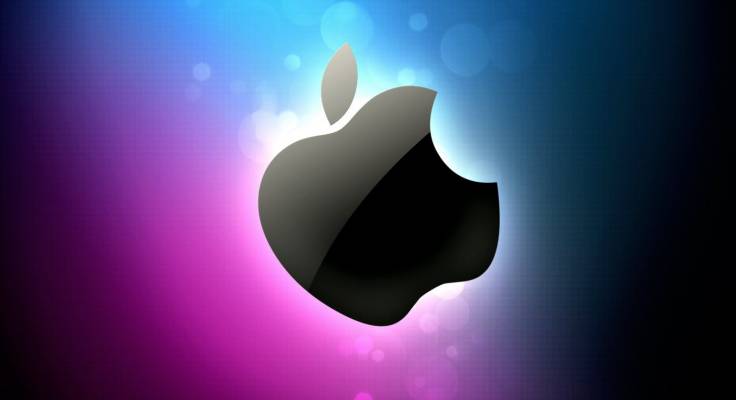Apple Settles Family Sharing Lawsuit with $25 Million Payout
- Grace Lee
- 19 Dec, 23

Apple Inc. has recently resolved a class action lawsuit with a $25 million settlement over its Family Sharing feature. The lawsuit, initiated in 2019, claimed that Apple incorrectly represented the capabilities of its Family Sharing service, particularly concerning the sharing of app subscriptions among family members. Apple has long touted this feature as a way for families to share digital purchases and subscriptions conveniently.
The legal battle brought to light growing concerns over the transparent communication of service features by tech giants. Despite settling, Apple maintained its stance, denying any wrongdoing or false representation in the lawsuit. The company emphasized that the resolution does not imply an admission of liability but rather a strategic decision to avoid the ongoing costs and burdens associated with court proceedings.
Within the agreement, Apple recognized that continuous defense against the allegations would be resource-intensive and elected to conclude the matter without acknowledgment of fault. The disposition of the lawsuit highlights a prevalent issue within the technology industry: the fine balance between marketing features and ensuring that user expectations align with the actual functionality and limitations of those features.
Consumers affected by the alleged misrepresentation can find solace in the outcome, as the settlement represents not only a financial repercussion for Apple but also a beacon for stronger consumer advocacy in the digital products market. Such outcomes often drive companies to review and improve their communication and service offerings.
In conclusion, while Apple's settlement may have closed this chapter, it serves as a reminder for the industry to prioritize straightforward communication. If nothing else, the settlement may inspire a more user-centric approach to feature explanations to prevent similar disputes. As users continue to entrust their digital life to tech conglomerates, the transparency of presented features becomes more critical than ever, and Apple's recent legal concession underlines this paradigm.













